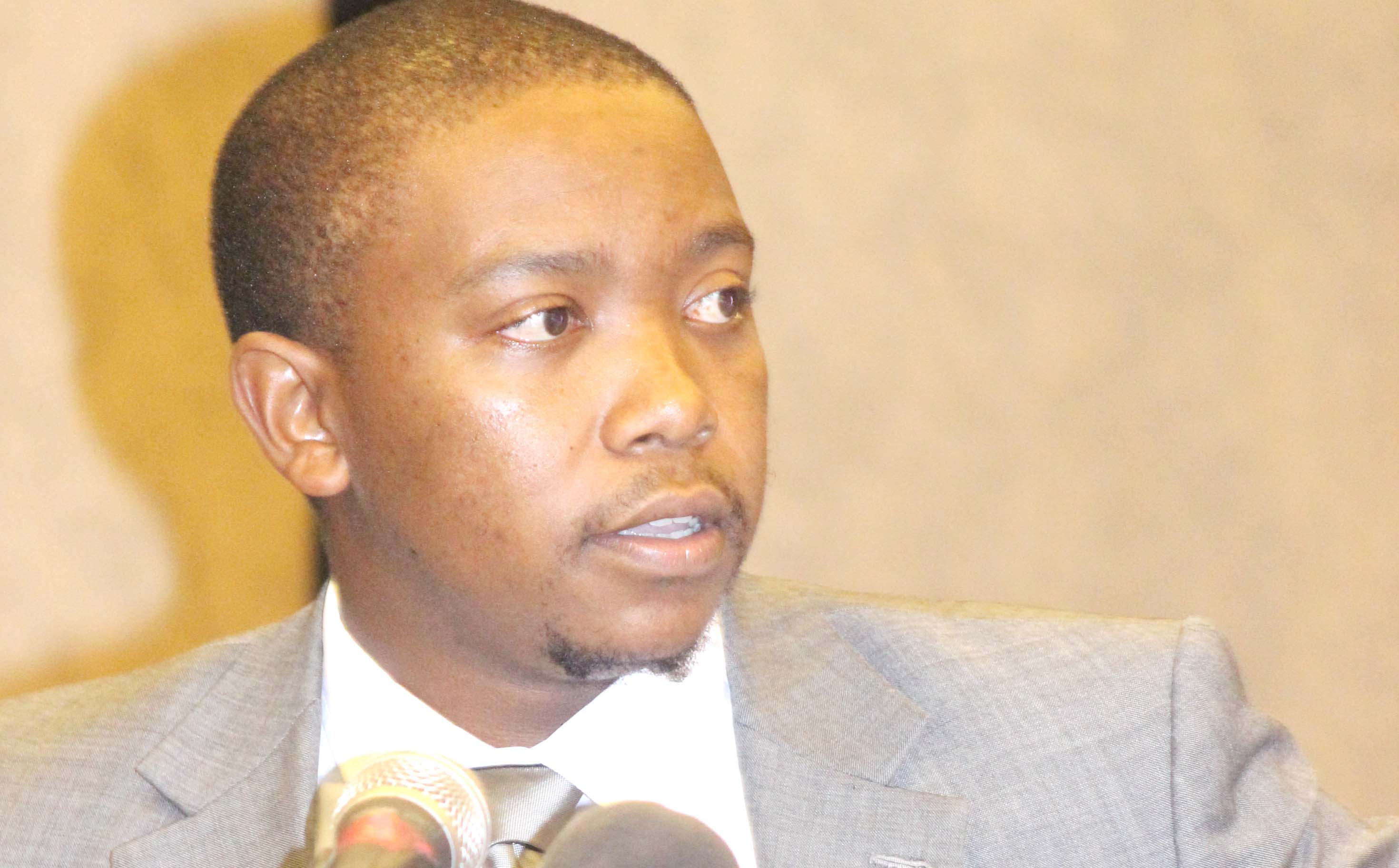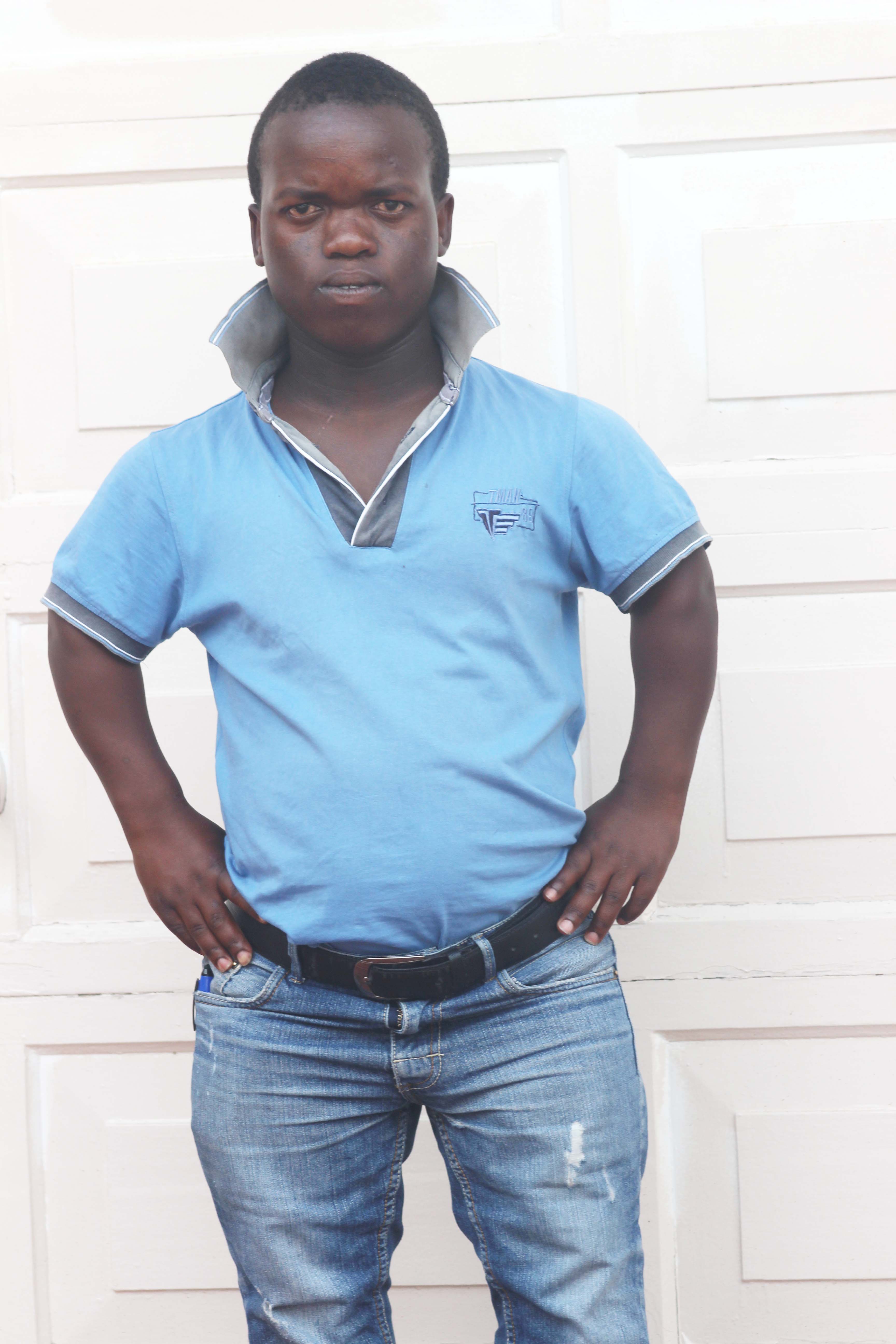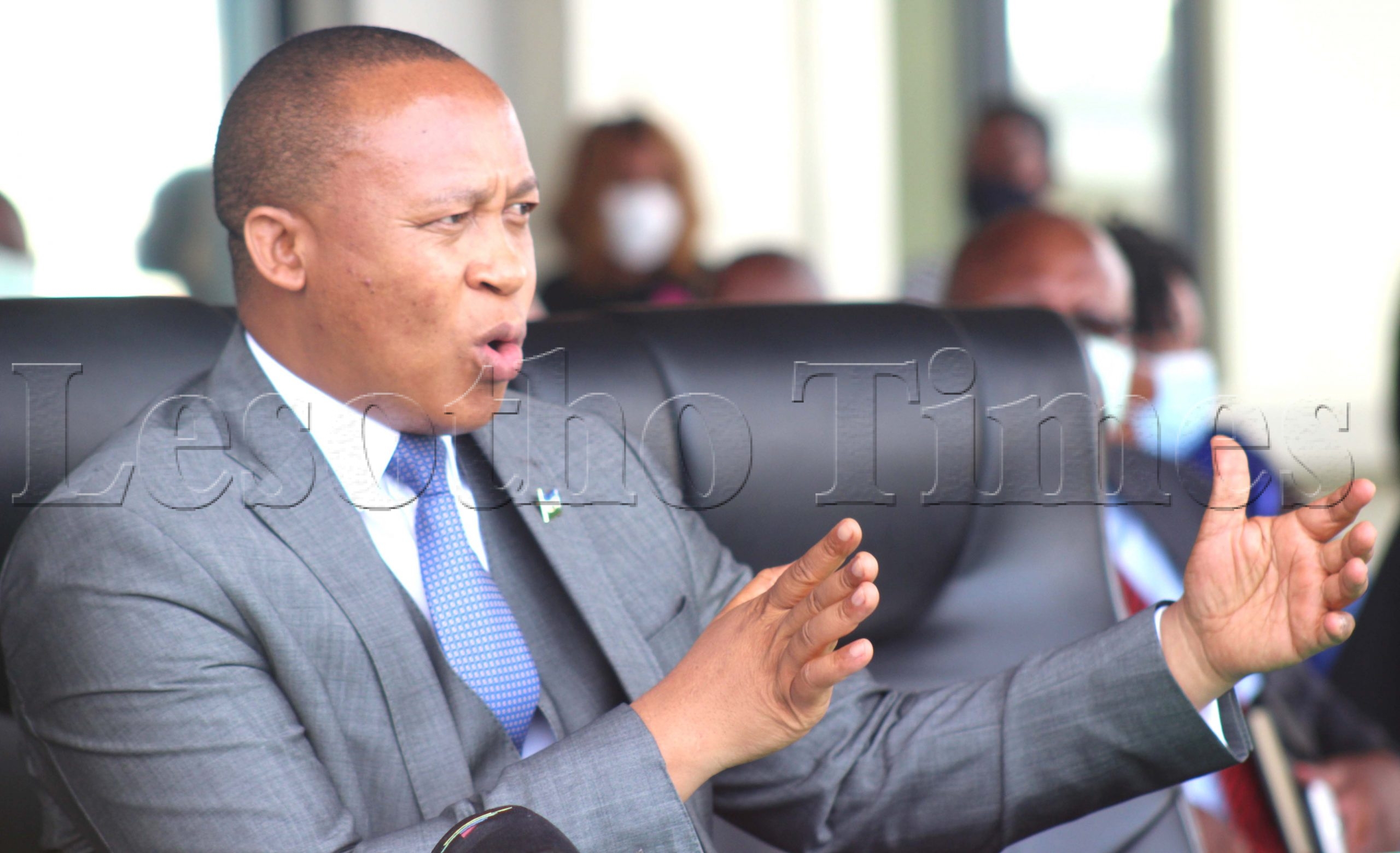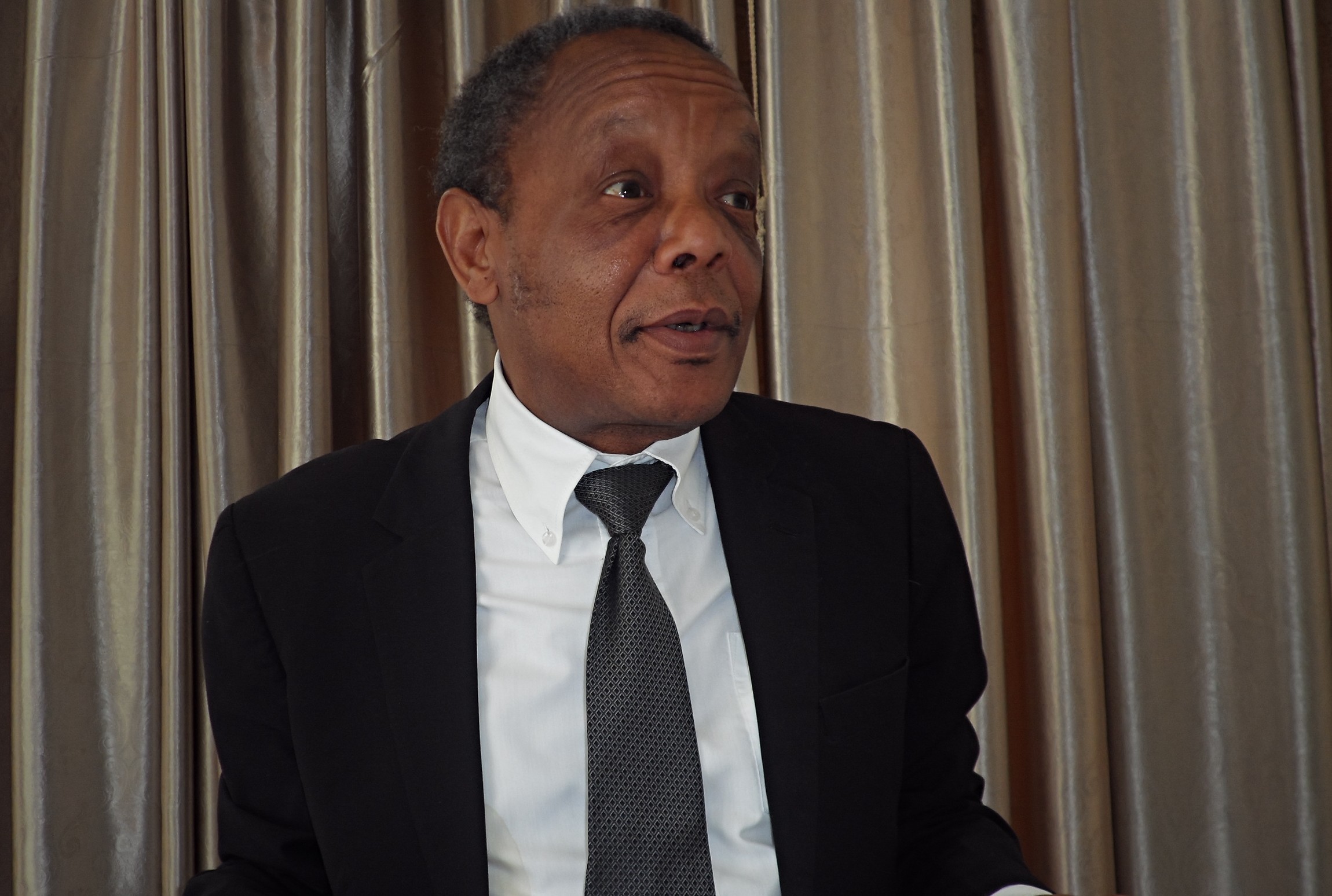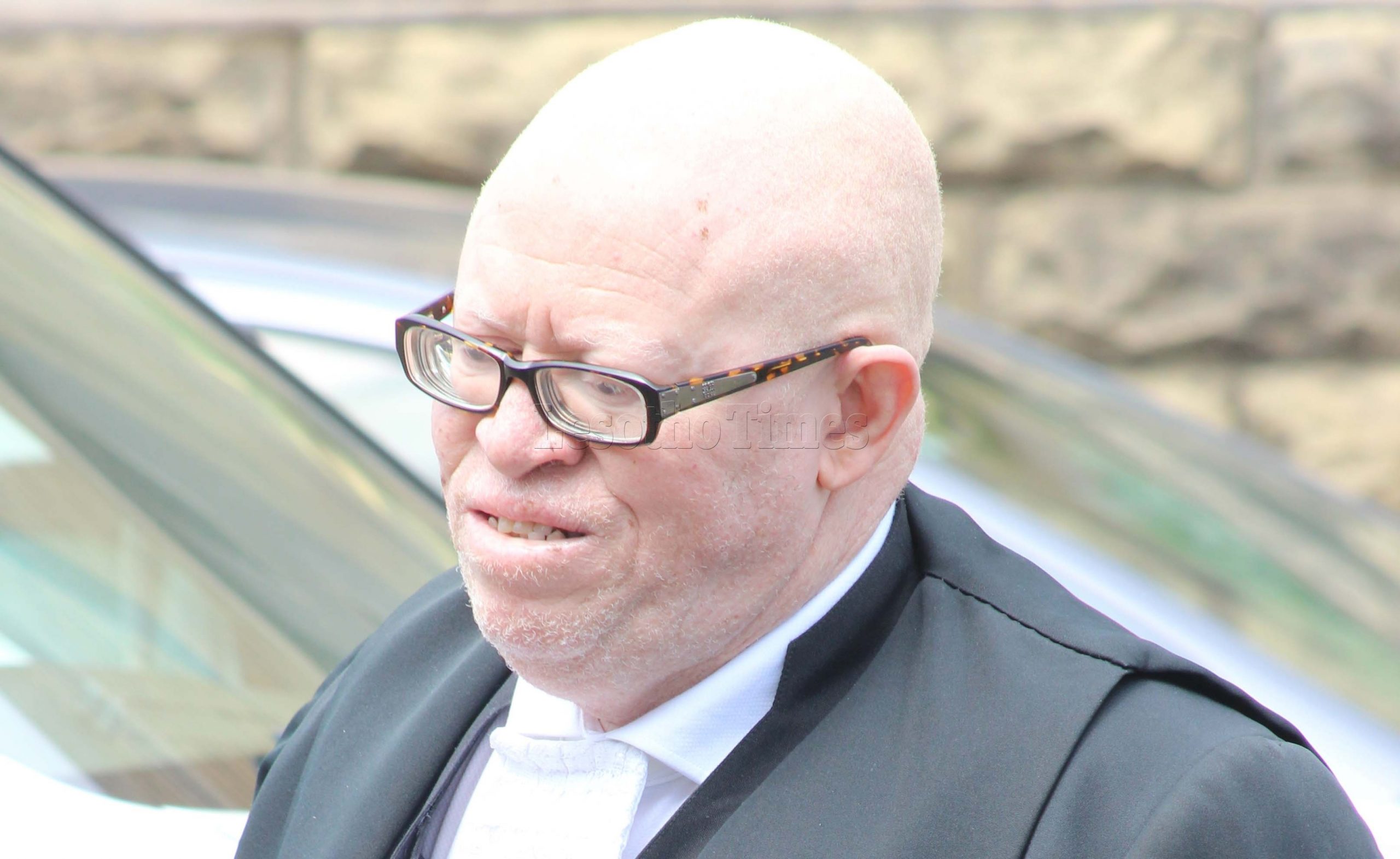
Bereng Mpaki
THE first session of the Court of Appeal got underway this week and is expected to end on 21 April 2022.
Led by its president, Justice Kananelo Mosito, the court will hear 28 cases with the verdicts being delivered on 13 May 2022.
The apex court bench also comprises of judges drawn from other southern African countries such as the Zimbabwean duo of Justices Moses Chinhengo and Tafuma Mtshiya, Phillip Musonda from Zambia, Petrus Damaseb (Namibia) and Johan Van Der Westhuizen (South Africa).
Some of the cases to be heard during the session include Director of Public Prosecutions (DPP) Hlalefang Motinyane’s appeal against Chief Justice Sakoane Sakoane’s refusal to recuse himself from presiding over the treason and murder trial of former Deputy Prime Minister Mothetjoa Metsing, and others.
Another case that is before the court is that of former Lesotho National Development Corporation (LNDC) CEO, Mohato Seleke, who is challenging the Ministry of Trade and Industry’s refusal to renew his contract after it expired on 30 November 2020. Mr Seleke is now Lesotho Electricity Company (LEC) managing director. It will be interesting to see what will happen if he wins his case for the renewal of his LNDC contract since he is already in another cushy job.
The court is also expected to hear former Lesotho ambassador to Italy, Bothata Tsikoane’s appeal against his recall from the foreign service in 2021. The High Court last year dismissed his application with costs.
Speaking at the opening of the session, Justice Mosito called on all parties, especially lawyers to get their acts together to ensure all 28 cases were heard without any delays.
“We have 28 cases enrolled for this session and we hope we will be able to conduct them without much hiccups,” Justice Mosito said.
Justice Mosito also welcomed the recent recruitment of nine new High Court judges in what he described as a transparent process.
Justices ‘Malebona Khabo and Realeboha Mathaba were the first to be appointed in October 2021.
Last month, seven more judges were appointed. These are Justices ‘Mabatšoeneng Hlaele, ‘Makampong Mokoro, Tšeliso Mokoko, ‘Mafelile Ralebese, ‘Maliepollo Makhetha, Hopolang Nathane and Moneuoa Kopo. The seven are yet to be sworn-in.
“We appreciate the increase in judges on the bench and congratulate our new colleagues. We appreciate the new approach where we are no longer appointing judges as though they are from the microwave. We no longer just wake up in the morning to find that somebody has been appointed a judge.
“Judges are now recruited through a transparent process, and we welcome the approach,” Justice Mosito added.
On his part, the President of the Law Society of Lesotho, Tekane Maqakachane, said Lesotho’s “litigation norms and methodologies were not helpful in achieving the transformative goals of the constitution”.
“A bulk of the decisions of the superior courts in Lesotho are doctrinally unimportant because they only replicate the status quo and do not advance substantial transformation of the power configurations in society.
“The ideals of the constitution are achieved to a minimal degree due to the orientation of the judiciary to legal formalism, legal culture and the proceduralism of private law litigation model.
“To achieve transformative constitutionalism as envisaged by the 1993 Constitution, we need to break through the private law litigation strong room where many of our minds are locked into.
“Lawyers and judges need to shed the existing legal culture through the transformation of mindsets and the adoption of new habits of mind and interpretive practices.
“Jurisprudentially progressive adjudicators find solutions to legal problems from norms, values, ideas, sensibilities and experiences external to the corpus of legal authorities and reasoning procedures.
“It is this jurisprudential progressiveness on the part of lawyers and judges that will establish and advance transformative constitutionalism,” Advocate Maqakachane said in his seemingly verbose and incomprehensible delivery.




